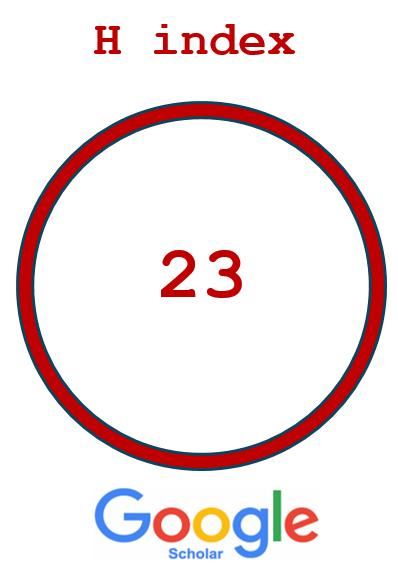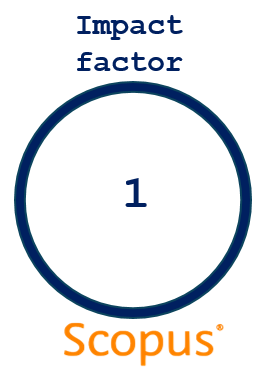ACTA Pharmaceutica Sciencia
2004 , Vol 46 , Num 2
CBRONIC CHLOROQUINE ADMINISTRATIONS CAUSE LOW CIRCULATING PLASMA TESTOSTERONE AND LOW LUTEINIZING HORMONE ASSOCIATED WITH TESTICULAR LESION IN RAT
Dept. of Clinical Pharmacy and Biopharmacy, Faculty of Pharmacy, University of Uyo,PMB ,Uyo, Nigeria
Viewed :
19171
-
Downloaded :
5259
Chloroquine is an important drug in the .malaria chemotherapy . It also has indication in treating rheumatoid arthritis, lupus erythematosus, extra intestinal amoebias and in reducing viral load in AIDS. Rats were daily given chloroquine (10mg/kg-1, ip), normal saline (1ml /kg-1 ip) as control. At days 7, 14 and 21, six rats on the weekly assessment were anesthetized and sacrificed. Cardiac puncture and circulating plasma testosterone and lutenizing hormone measured withdrew blood . Testes were excised and the histopathologies of the sectioned tissues were evaluated under microscopy. In rats treated with chloroquine, there were testicular lesions and diminutive circulating plasma testosterone and plasma luteinizing hormone (LH). These effects could precipitate sterility as they affect spermatogenesis. It is suggested that chronic chloroquine administration could retard steroidogenesis in Leydig cells and spermatogenesis in Sertoli cells due to fibrosis of these tissues.
Keywords :
CHLOROQUINE; TESTICULAR LESION, LOW CIRCULATING TESTOSTERONE AND LUTEINIZING HORMONES





